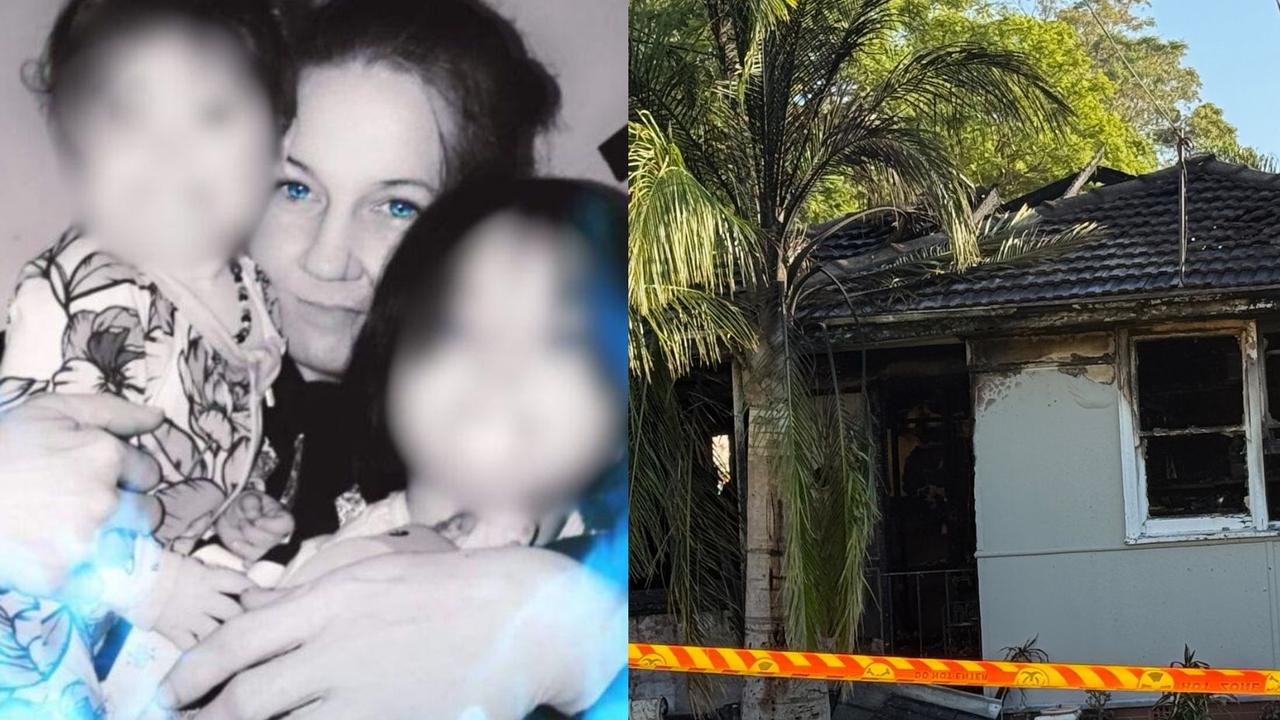OPI feels heat over misuse of wiretaps
THE Office of Police Integrity is under fire for not following procedure when allowing police to use wire taps to charge a person.
THE Office of Police Integrity is under fire for not following procedure when allowing police to use wire taps to charge a person.
The Special Investigations Monitor said the OPI should have gone through "formal communication procedures" when it allowed Victoria Police to use protected information from joint OPI-police wiretaps for a prosecution.
It said the chief officer of each agency should have been involved in passing on the information instead of the decision being made among investigators.
The watchdog said the OPI was granted warrants for surveillance devices for the joint operation, but let police install the devices and monitor them, as well as keeping all the records up to date.
Besides concerns about the channels of information-sharing, this caused "compliance failure" problems under the laws on wire taps as the OPI relied on police information, and recorded inaccurate details on the use of the surveillance devices.
"This mistake usefully provides an example of how easily compliance issues may arise when the agency obtaining the warrant does not have 'hands-on' control of all aspects of the use of surveillance devices under a warrant and is not in physical possession of all the records," SIM director Leslie Ross says in his report, tabled in the Victorian parliament yesterday.
"The SIM considers that over-reliance on the assistance of an investigation partner-agency by the warrant agency should be avoided. Such situations can lead to compliance failures."
Mr Ross said there were significant compliance issues when police officers spoke about sharing information only to OPI investigators working on the operation. A more formal approach should be adopted under which such arrangements were checked by agency chiefs as they had legal responsibility for the wiretaps.
"As a matter of best practice, the SIM considers it would have been preferable for the OPI to have formally communicated protected information to Victoria Police before that agency used joint investigation warrant material in the possession of the OPI for an independent police investigation," Mr Ross says in the report, his second to raise concerns about the issue.
"The communication authorisation that did occur appears to have been conducted at investigator level, rather than through formal agency channels."
Mr Ross raised concerns about OPI not destroying material from wiretaps that is not used, saying the agency continues to hold the information.
This warning follows last week's discovery of OPI files at an alleged drug dealer's house that belonged to the former head of intelligence and phone tapping.
But he said barring these "compliance risks", which he felt the need to restate despite addressing them in a previous report, the OPI had complied with surveillance device regulations.
In its response to the SIM's criticisms, the OPI acknowledged it "should have assumed greater control" of the joint warrant between Victoria Police and itself, and said it had already enacted formal processes for the transfer of information.
Mr Ross also highlighted problems with the police about their compliance with the laws, saying an audit on the issue promised by Chief Commissioner Simon Overland was "flawed", and the results unreliable.


